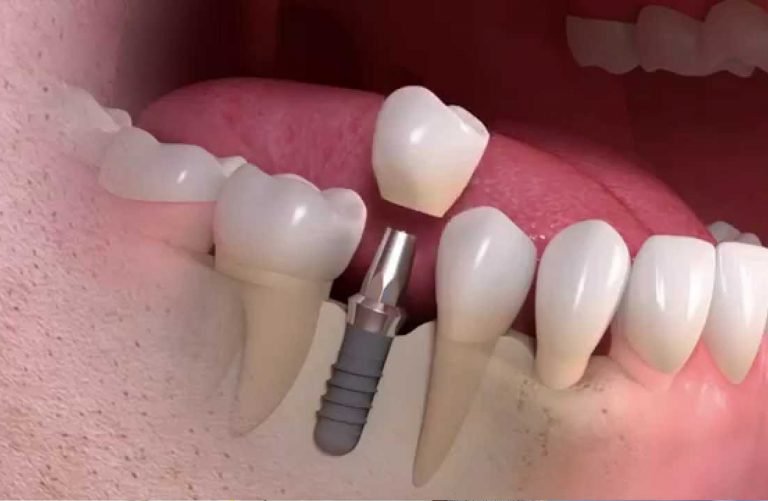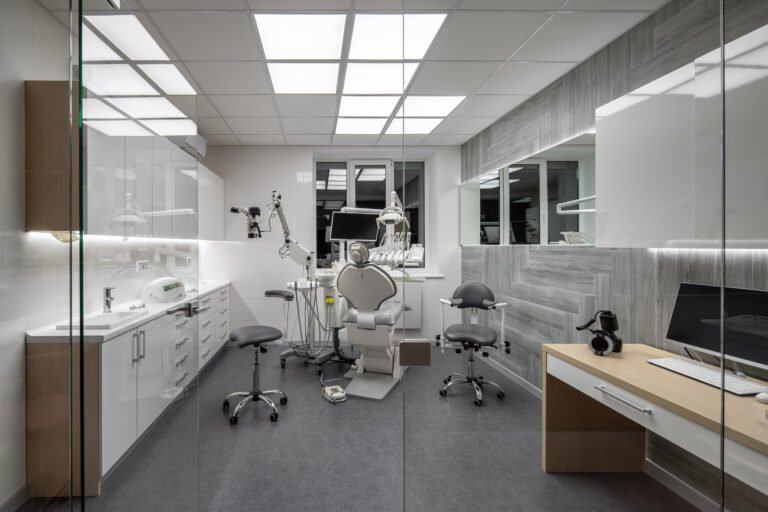Cancer is a word that strikes fear in the hearts of many. The diagnosis of cancer can be a life-changing event that can leave patients feeling overwhelmed and hopeless. In addition to the physical toll that cancer takes on the body, patients often experience emotional and psychological challenges as well. One of the most challenging aspects of a cancer diagnosis for many patients is the loss of body confidence that can come with cancer treatments such as mastectomy, lumpectomy, or other surgeries. Fortunately, cancer reconstruction is changing lives by giving patients a second chance at confidence.
What is cancer reconstruction?
Cancer reconstruction is a surgical procedure that aims to restore the appearance of a patient’s body after cancer treatment. This type of surgery can help cancer patients who have undergone procedures such as mastectomy or lumpectomy regain their sense of femininity, masculinity, or identity and feel more comfortable in their bodies. Cancer reconstruction can be performed on various body parts, including the breasts, face, and abdomen. It is a specialised field that requires the expertise of a skilled reconstruction surgeon who uses the latest surgical techniques and technologies to achieve the best possible outcomes for patients.
Breast reconstruction
Breast reconstruction is one of the most common types of cancer reconstruction. For many women, breast cancer treatment involves a mastectomy, which can leave them feeling self-conscious and less confident about their bodies. Breast reconstruction can help restore a woman’s sense of femininity and improve her body image. Breast reconstruction can be performed using a variety of techniques, including implants, tissue flaps, or a combination of both.
Facial reconstruction
Facial reconstruction is another type of cancer reconstruction that can help patients regain their confidence. Facial reconstruction can be performed on patients who have undergone cancer treatment that has affected their face, such as skin cancer or head and neck cancer. Facial reconstruction can involve a variety of procedures, such as skin grafts, tissue flaps, or bone grafts.
Abdominal reconstruction
Abdominal reconstruction is a type of cancer reconstruction that can help patients who have undergone treatment for abdominal cancers, such as colon cancer or ovarian cancer. Abdominal reconstruction can involve procedures such as tissue flaps or the use of mesh to repair the abdominal wall.
The impact of cancer reconstruction
Cancer reconstruction can have a profound impact on the lives of patients who undergo the procedure. For many patients, cancer reconstruction offers a second chance at confidence and can help them feel more comfortable in their bodies. Cancer reconstruction can also help patients feel more positive about their cancer treatment and recovery.
In addition to the physical benefits of cancer reconstruction, the procedure can also have a positive impact on patients’ mental health. Many patients who undergo cancer reconstruction report feeling more confident and less anxious after the procedure. Cancer reconstruction can also help patients feel more in control of their lives and their bodies after the trauma of cancer treatment.
Meet Dr. Manoj Johar: The Skilled Reconstruction Surgeon Changing Lives Through Cancer Reconstruction in Delhi
Cancer reconstruction is a specialised field that requires the expertise of a skilled reconstruction surgeon. Dr. Manoj Johar is an experienced reconstruction surgeon who is dedicated to helping cancer patients regain their confidence and improve their quality of life. These reconstruction surgeons in Delhi use the latest surgical techniques and technologies to perform breast reconstruction, facial reconstruction, and abdominal reconstruction with precision and care. Patients in Delhi can rest assured that they are in capable hands when they choose a reconstruction surgeon who specialises in cancer reconstruction.
Conclusion
Choosing the best cosmetic surgeon in Delhi for cancer reconstruction is crucial for achieving the desired results. The best cosmetic surgeons in Delhi have the necessary skills, experience, and expertise to perform cancer reconstruction with precision and care. These surgeons use the latest surgical techniques and technologies to ensure that patients receive the best possible care. Patients in Delhi can benefit from the expertise of the best cosmetic surgeons who specialise in cancer reconstruction and can help them regain their confidence and improve their quality of life. By choosing the best cosmetic surgeon in Delhi, cancer patients can be assured that they are receiving the highest quality care possible.
Frequently Asked Questions (FAQs)
Is cancer reconstruction covered by insurance?
Cancer reconstruction is often covered by insurance, but coverage may vary depending on the specific policy and circumstances. It is advisable to consult with your insurance provider to understand the coverage details.
How long does the recovery process take after cancer reconstruction?
The recovery process can vary depending on the type of reconstruction and individual healing factors. Generally, it may take several weeks to a few months for the initial recovery. Full recovery, including the settling of implants or complete healing of reconstructed tissue, may take up to a year or more.
Are there any risks or complications associated with cancer reconstruction?
As with any surgical procedure, cancer reconstruction carries certain risks and potential complications, including infection, bleeding, implant rupture, or complications related to anesthesia. It is essential to discuss these risks with your surgeon before undergoing the procedure.
Can cancer reconstruction be performed after a lumpectomy?
Yes, cancer reconstruction can be performed after a lumpectomy. The specific reconstruction options will depend on the extent of tissue removal and individual factors. Consultation with a plastic surgeon is recommended to explore the available options.
How soon after cancer treatment can reconstruction be done?
Cancer reconstruction can be performed immediately after a mastectomy or at a later stage. The timing will depend on various factors, such as the individual’s overall health, cancer treatment plan, and personal preferences. It is advisable to discuss the ideal timing with both your oncologist and plastic surgeon.



